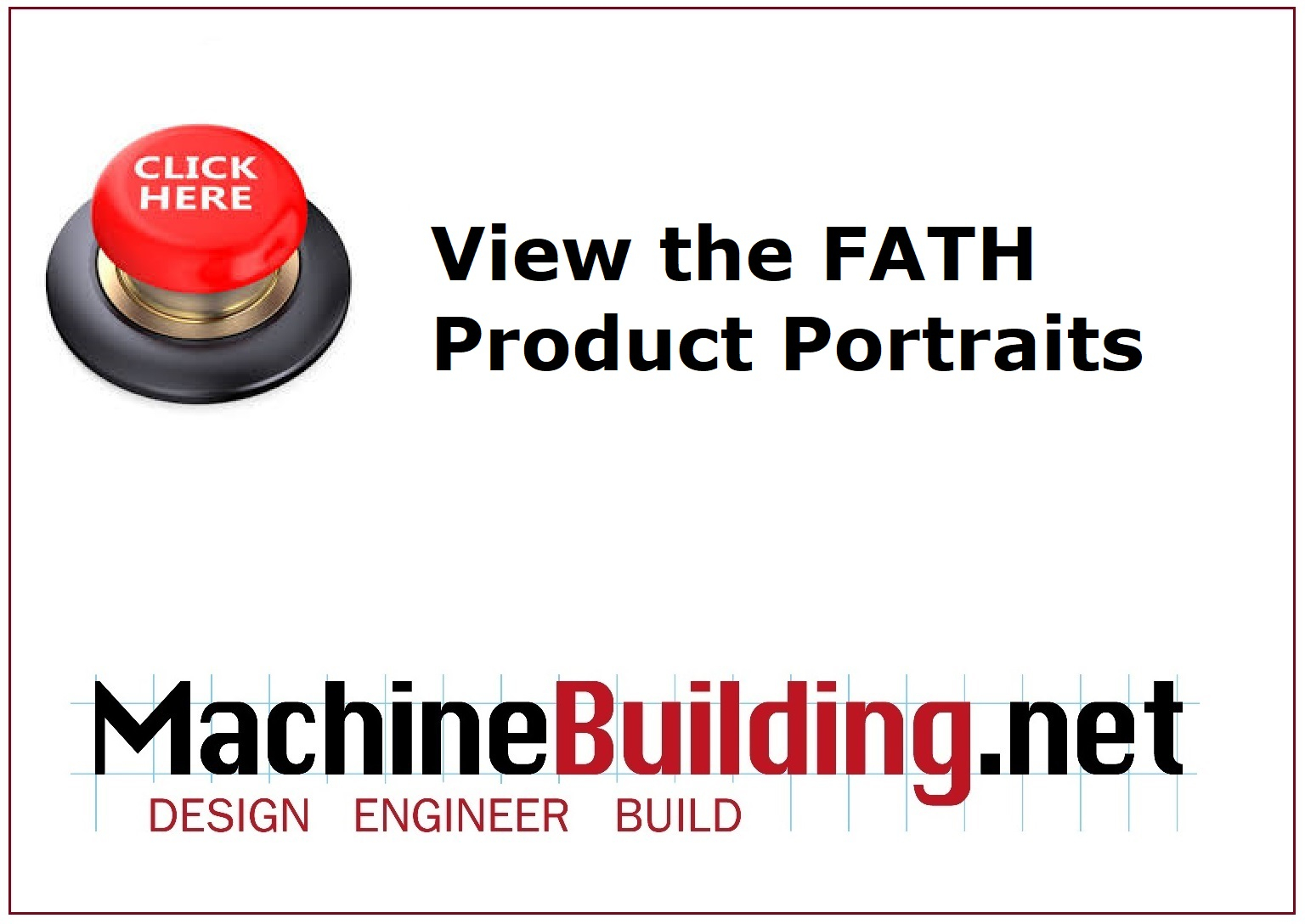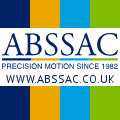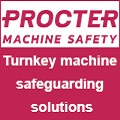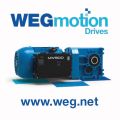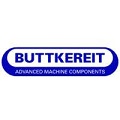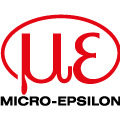
Posted to News on 10th Nov 2007, 11:50
Versatility of Isel CNC machines proven in carpentry shop
A CNC programmer has started a new business using a low-cost yet high-quality CNC machine to produce intricate architectural mouldings more economically than can be done by hand.
An inexpensive but highly accurate and productive computerised numerical control (CNC) machine has helped a CNC programmer start a successful new production woodworking business. Previously working for a seller of leading high-end CNC programming software by helping customers solve difficult programming challenges, the programmer realised there was a market opportunity to produce complicated architectural ornamentation that was up until then mostly made by skilled craftsmen working with power tools.
There is a substantial market niche for producing decorative woodcarvings much faster and at higher levels of accuracy on CNC machines but at a lower price. The key is the availability of low-cost CNC machines that can accurately reproduce a CAD design in much less time than someone working by hand.
This entrepreneur looked at the market for these products noting that cost and long lead-times restricted sales. Although clearly a skilled job, making complicated pieces such as carved mouldings and friezes is a very slow process by hand. The first piece is typically assigned to a very experienced and highly paid craftsman, who cuts it out with hand and power tools, then less experienced workers typically duplicate the piece using a tracer. One problem with this approach is that even the most skilled woodworker has difficulty accurately producing three-dimensional contours. The result is a piece that requires extensive finishing by hand, to chisel and sand the piece the way a customer wants it finished.
Minimal hand finishing
The beauty of a CNC machine is that every detail of the piece can be defined in the CAD/CAM software, allowing time for the operator to do something else while the machine produces the part. While the CNC machine is not perfect, the accuracy of the machines is far beyond what can be achieved by hand. However, every piece made will be just as good as the first one, such that each piece coming off will need little hand finishing.
While programming is a labour-intensive process similar to cutting out the first piece by hand, once it is completed other pieces can be produced without constant attention. All that is required is a person loading timber and unloading finished pieces on the machine and occasionally checking to be sure the tool has not worn or broken. The result is that architectural ornamentation can be produced at a much more competitive price on CNC machines.
The Isel machine chosen is designed for production routing and drilling on a wide variety of materials including wood, plastic, MDF, solid surfacing materials and non-ferrous metals. Versatile and easy to use, it is readily adaptable to nearly any woodworking problem. For example, long pieces of moulding can be stacked side by side while the spindle traverses each piece to cut the pattern. Another interesting piece introduced is called a corbel - a triangular decorative bracket that fits in the corner between a ceiling and wall. The machine takes a solid block of wood and whittles it down to an intricate 3D design on three sides. These multi-sided pieces are mounted on a rotary table that moves the appropriate face towards the spindle one after another.
Isel machines feature a shaft-and-bearing system that produces very smooth, play-free motion and is an extremely rigid. It uses anti-backlash ball screws that have excellent power transmission due to the rolling ball contact between the nut and screws. This type of contact ensures low friction, low wear and long life. The ball screws also make it possible to produce wooden parts to the machine resolution of 0.013mm. Instead of being ball screw-driven, there are less expensive machines using rack-and-pinion gearing that have too much play to make accurate cuts in small areas. Also, this type of gearing wears out quickly in the dusty environment of a carpentry shop. The other main difference found between the Isel machine and the others was their use of servomotors to control cutting motion while other machines use stepper motors that can give a staircase cutting effect.
With this set-up the woodworkers can produce just about anything that customers require; for example, one asked for a moulding that looks like a grapevine with the grapes protruding in 3D. From a picture of what was wanted, the image was scanned and then turned into a 3D model. The artwork is coloured by the use of brushes and flood fill tools and each colour is assigned to an individual 3D-shape profile.
Plane, round and angular profiles
The different types of profiles that can be generated include plane, round and angular. The parameters of these profiles are controlled by defining the basic shape, start height, limit height and wall angle, giving almost total control over a wide range of 3D effects. The programme builds 3D reliefs by assigning a height to each pixel in the 2D image. Then by providing their own artistic interpretation and designing the moulding in such a way that it can be machined quickly, a sample piece in MDF is given to the customer. From the feedback the programme is modified so that the finished pieces are exactly what the customer wants.
Now other woodworking companies are switching to Isel 3D machine machines. With the additional intelligence, plugging devices into the various ports can provide commands in the programme to turn on a dust collector and an air blast to clean the tool, or have a digital video camera pointing at the machine to monitor the machine.
Micromech is the UK systems and distributor for Isel.


